Microsoft Windows Server
Call Us on 01675 430080 and speak to a technician from 8:00am - 6:00pm Monday to Friday

Key Features of Microsoft Windows Server
- Advanced Security Capabilities
A key feature of Microsoft Windows Server includes built-in security features such as Windows Defender Antivirus and Windows Defender Advanced Threat Protection, providing premier protection against modern security threats at both the operating system and network levels.
- Hybrid Cloud-Ready
With Azure integration, Windows Server facilitates a seamless hybrid cloud experience, allowing businesses to extend data centers to the cloud with ease, for improved scalability and cost savings on infrastructure investment.
- Enhanced Admin Centre
The Windows Admin Center presents an evolution in IT administrative experience, offering a modern, remote management tool that consolidates all aspects of local and remote server management.
"As an overseas based operation with a remote server in the UK , we rely on Discus to handle things for us. They do this effectively; getting back to us extremely promptly should any problem arise and keeping in touch regularly giving us excellent reassurance."
About Microsoft Windows Server
There are numerous advantages to using Microsoft Windows Server in your business operating systems, including:
- Scalable Performance with Monitoring: Microsoft Windows Server is designed to accommodate the ever-growing needs of businesses by offering scalable performance and comprehensive performance monitoring capabilities. It can handle large workloads and numerous virtual machines while providing insights into system performance.
- Flexible Storage Solutions: It provides a range of data storage system options including Storage Spaces Direct and the resilient file system, ReFS, for high availability and easy management of large volumes of data.
- Comprehensive Identity Management: Windows Server Active Directory services continue to be a pivotal element, allowing for secure identity management and access control across your network services.
- Hyper-V Virtual Switch for User-Friendly Virtualization: Windows Server incorporates Hyper-V technology to facilitate efficient virtualization, empowering users to create, manage, and allocate resources for virtual machines effortlessly.
- Automated Management: Features like PowerShell and Desired State Configuration (DSC) give IT professionals robust tools for automating server management, reducing manual effort, and minimizing errors.
- Enhanced Security: Windows Server offers advanced security features such as Windows Defender Firewall, Windows Defender ATP, and Active Directory Certificate Services to ensure the protection of your network and data.
- Remote Desktop Services: With Windows Server, you can set up and manage remote desktops and applications, providing secure access to your resources from anywhere.
- Web Application Proxy: Windows Server includes the Web Application Proxy role, which enables secure remote access to web applications hosted on your network.
- Failover Clustering: Windows Server allows for the creation of failover clusters, providing high availability for critical applications and services.
- Server Core: Windows Server offers the option to deploy a minimal server installation known as Server Core, which reduces the attack surface and resource footprint while still providing essential server functionality.
Becoming a Customer
Step 1
Step 2
Step 3
Step 4
Step 5
What Services include Microsoft Windows Server?
You can purchase this product separately or as part of one of our support packages. You can find out more about these support packages below.

IT Security Solutions

On-Site Technician
Frequently Asked Questions About Microsoft Windows Server?
What are Windows servers used for?
Windows servers are used for various purposes, such as hosting websites, running enterprise applications, managing databases, and providing centralised storage and file sharing capabilities. They offer a reliable and secure platform for businesses to manage their IT infrastructure and deliver services to users.
What are the system requirements for Microsoft Windows Server?
Before you purchase Windows Server, it’s important to understand the minimum hardware requirements to ensure it operates effectively within your IT environment. This includes processor type and speed, memory size, disk space and more.
How does Windows Server integrate with cloud services?
Learn about the ways Windows Server can be used in conjunction with cloud services like Microsoft Azure, including hybrid cloud configurations and how they can enhance your business flexibility.
Can I migrate my existing services to Windows Server?
If you’re considering switching to Windows Server, you might be interested in the migration support available for transferring your existing workloads without disruption.
What virtualisation features does Windows Server offer?
Discover how Windows Server can support virtualisation with Hyper-V, allowing you to efficiently run multiple operating systems as virtual machines (VMs).
Is Windows Server available for non-commercial use?
Yes, Windows Server can be used for non-commercial purposes such as personal projects, learning, and experimentation. However, it’s important to review the specific licensing terms to ensure compliance with Microsoft’s usage guidelines
How is Windows Server secured against cyber threats?
Find out about the security measures incorporated into Windows Server to protect against malware, ransomware, and other cyber threats.
What management and automation tools are available with Windows Server?
Windows Server includes a variety of tools to simplify server management and enable automation. Get detailed information about PowerShell, Windows Admin Center, and other management features.
What is the current Windows Server?
The current version of Windows Server is Windows Server 2022. It was released on October 4, 2021. Windows Server 2022 brings various improvements and new features, including enhanced security, improved performance and scalability, advanced hybrid capabilities, and enhanced container support. It offers organisations a reliable and powerful platform for running their applications and services.
What kind of operating system is Windows Server?
Windows Server is an operating system designed by Microsoft specifically for servers. It provides a robust and reliable platform for running applications, managing network services, and storing data.

